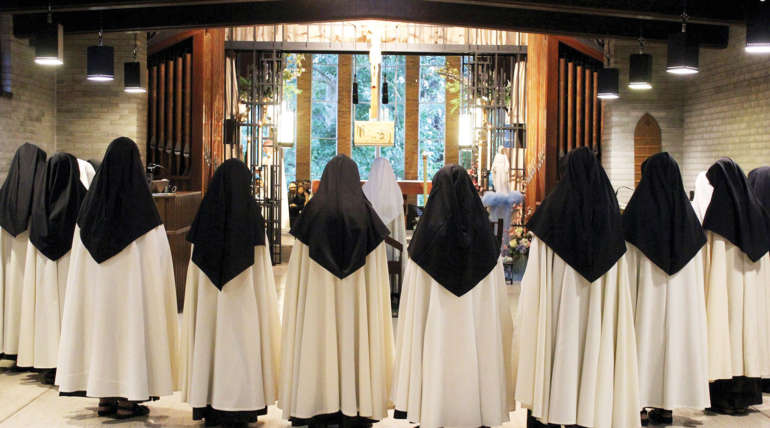TWENTY EIGHTH SUNDAY
In today’s gospel story, a king is arranging a wedding banquet for his son. But when the big day arrived, those who were invited refused to come. It’s important to note that Jesus compares the kingdom of heaven to a wedding feast. The parable is a metaphor about God’s plan for his people: how God invited humanity into a personal relationship with himself, and how it continually failed to respond to the invitation. The image of a banquet is an old biblical symbol for being called to live the way God wants us to live – an animated gathering of believers who have joyously accepted the call to follow Christ and care for each other. The story, however, focuses on those people who have refused an invitation to come to the banquet.
The people first invited must have been those you would expect to get an invitation to a royal wedding – members of the aristocracy, elites, landowners, business people and the well to do. They, for a variety of reasons, were unwilling to come, some offering poor excuses and others assaulting the king’s messengers. The king was insulted and sought and wrought revenge. He then invited those who didn’t make the original list, lower class people. Suppose some of those originally invited had accepted the invitation? They would have found themselves in the company of people with whom they would never sit at table or share a meal. The gathering would have looked something like our Eucharist today should look – people from all backgrounds sitting to eat the same meal.
What are we to make of the individual who came without a wedding garment? This parable invites us to hold together two realities: First, God’s loving invitation to humanity to enter the kingdom of God, an invitation no one can earned by social status or good behaviour. Second, though we cannot earn the invitation, we must respond graciously and be willing to accept the etiquette of the banquet feast. We must come wearing the appropriate “wedding garment,” a heart open to conversion. Jesus’ call to “Follow me” is primarily a call to conversion, a whole new attitude to people and to life, and it replicates God’s invitation to humanity. Conversion is the ‘sine qua non’ to experiencing God’s love.
Full participation in this banquet is more than just showing up. It means submitting ourselves to a new life, a new world, one that operates on the logic of gift and celebration, not competition and survival of the fittest and fear of failure. “Wherever the Catholic sun does shine, there is laughter and good red wine,” (Belloc). It wouldn’t surprise me to be told that Jesus enjoyed convivial company, rich laughter and good times along the road to Jerusalem. William Barclay notes the early Christians were called hilares– the Latin adjective from which the word hilarious comes. They possessed what one author has called a “certain holy hilarity.” Was Beethoven thinking of the good news of Jesus when he wrote his Ode to Joy?
Fr QQ – 10/12/2023




